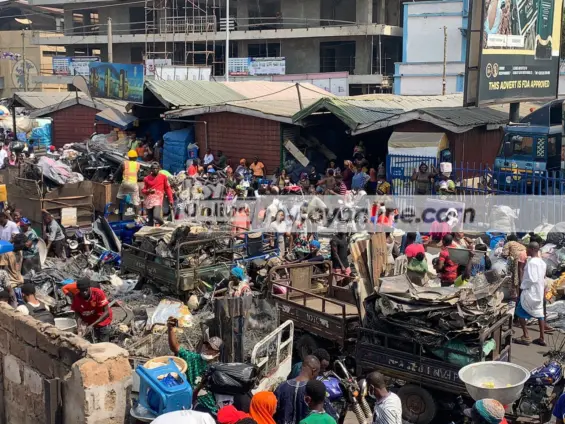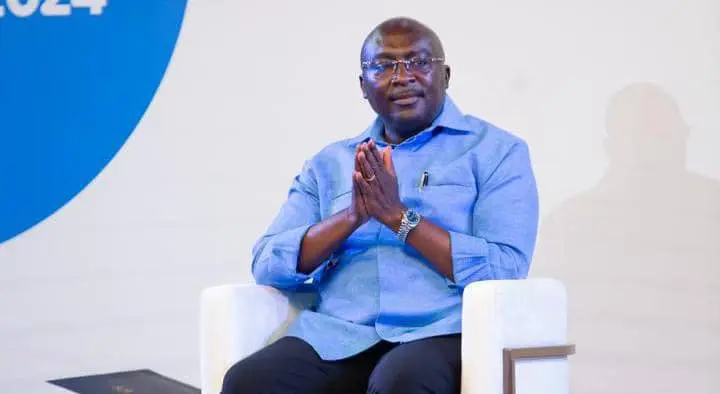In a move that has sparked considerable controversy, the Trump administration is rolling back key police reform efforts initiated during the Biden era across several U.S. cities. This decision, arriving shortly before the fifth anniversary of George Floyd’s death, has reignited debates about police brutality, systemic racism, and the appropriate level of federal oversight of local law enforcement. Communities bracing for impact are questioning the future of accountability and justice, with concerns mounting over potential increases in misconduct and a return to pre-reform practices. The reversal of these initiatives marks a significant shift in policy, raising questions about the commitment to addressing long-standing issues within police departments nationwide. The core of the debate centers on the effectiveness of these police reform measures and the appropriate balance between federal intervention and local control.
The Justice Department, under the new administration, is set to dismiss oversight agreements with police departments in Louisville, Kentucky, and Minneapolis, Minnesota. These agreements, designed to enhance training, accountability, and data collection related to police activity, were seen as crucial steps toward fostering trust between law enforcement and the communities they serve. Additionally, investigations into alleged police constitutional violations in six other cities, including Phoenix and Memphis, will be closed. These investigations were launched in response to concerns about police misconduct and potential patterns of abuse. According to the US Justice Department announcement, these measures are being rolled back with immediate effect.
The Trump administration has voiced strong criticism of the Biden-era policies, arguing that the “sweeping” oversight agreements represent an unwarranted “micromanagement” of local police by federal courts. Assistant Attorney General Harmeet K Dhillon stated that these agreements were “handcuffing” local departments, hindering their ability to effectively address crime. Furthermore, two lawsuits against police in Louisville and Minneapolis, alleging unconstitutional practices, are set to be dismissed, with the administration claiming that the findings relied on “flawed methodologies and incomplete data.” This rationale underscores the administration’s belief in local control and a skepticism towards federal intervention in policing matters. The shift represents a stark contrast to the previous administration’s focus on promoting police reform through federal oversight and collaboration.
In contrast, the Biden administration, led by Attorney General Merrick Garland, had initiated civil investigations into twelve state and local law enforcement agencies since 2021. These investigations, four of which—Minneapolis, Louisville, Phoenix, and Lexington, Mississippi—resulted in reports of systemic police misconduct. These actions followed high-profile cases of police killings of Black Americans, including George Floyd and Breonna Taylor, which sparked widespread protests and accusations of systemic racism against law enforcement agencies. Breonna Taylor’s death, resulting from a “no-knock” raid, and the subsequent trial of Brett Hankison, who was found guilty of using excessive force, became rallying cries for police reform advocates. These cases highlighted the urgent need for increased accountability and transparency within police departments across the country.
The timing of this announcement, just days before the fifth anniversary of George Floyd’s death, amplifies its impact. Derek Chauvin, the officer involved in Floyd’s death, is currently serving a 22-year prison sentence, a stark reminder of the consequences of police brutality. Adding to the turmoil within the Justice Department, approximately 70% of its lawyers have reportedly resigned due to concerns about the changing priorities under the new administration, according to an NPR report citing current and former officials. These departures reflect deep divisions within the department and raise questions about its ability to effectively address civil rights issues moving forward.
The rollback of police reform efforts raises significant concerns about the future of police accountability in the United States. With reduced federal oversight of local police departments, there are fears that efforts to address systemic racism and police brutality will be undermined. This decision is expected to elicit strong reactions from communities and civil rights groups, potentially leading to renewed protests and calls for police reform. The debate over the appropriate role of the federal government in overseeing local law enforcement is likely to intensify in the coming months.
The Trump administration’s decision to scrap police reform efforts in several US cities signifies a major policy shift. By dismissing oversight agreements and investigations, the administration is advocating for reduced federal intervention in local law enforcement. However, this move raises serious concerns about police accountability, particularly in the context of ongoing national conversations about police brutality and systemic racism. The long-term effects of this decision remain uncertain, but they are expected to stimulate further discussions and actions pertaining to police reform across the US. Stay informed about ongoing developments in police reform and consider engaging with your local representatives to advocate for change.
Image Source: MYJOYONLINE





















